
iGaming.com CEO, Prof. Dr. Andreas Ditsche, Shares German Insights at SNSUS 2025
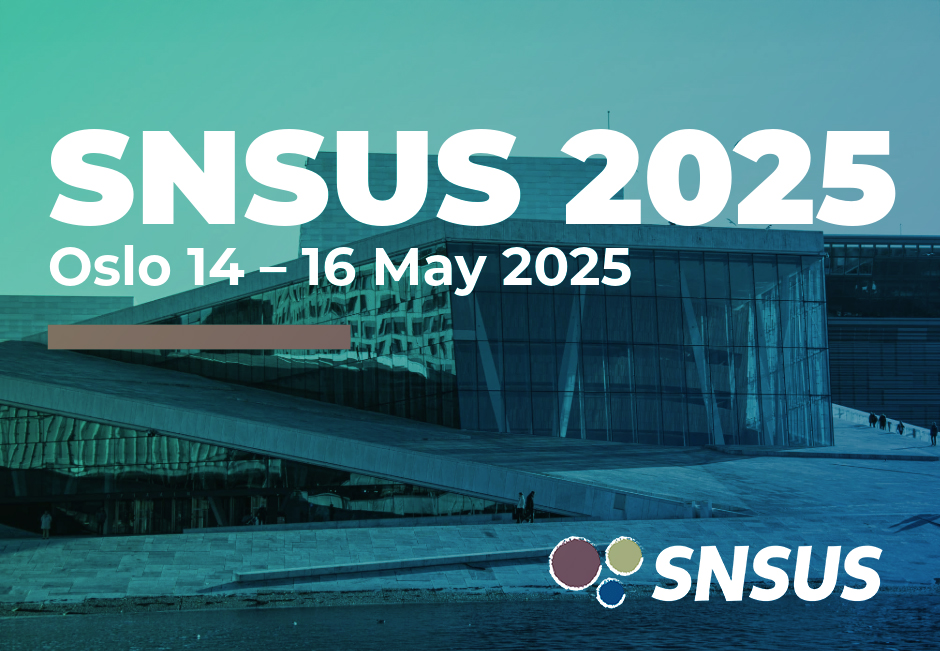
The SNSUS 2025 Conference, held on 14-16 May, once again confirmed its role as the leading platform for cross-sector dialogue on gambling research, regulation, and public health in the Nordic region.
Hosted by the Nordic Society Foundation for Information about Problem Gambling (SNSUS), the event brought together researchers, scientists, and experts in the field of gambling addiction and responsible gambling.
The main topics discussed included player protection, problem gambling, and sustainable regulation.
Among the contributors was Prof. Dr. Andreas Ditsche, CEO of iGaming.com and an esteemed professor at Kutaisi International University.
His presentation, titled “Search Pattern Analysis in the German Online Gambling Market,” delivered an evidence-based view into online gambling behavior in Germany and why it matters to Nordic countries.
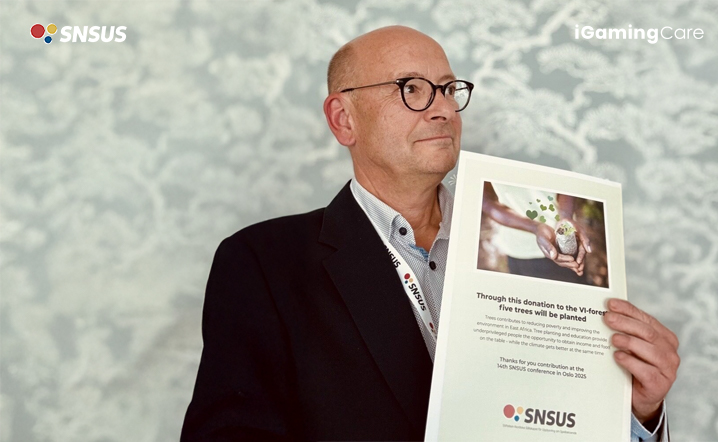
Behind the Conference: What Is SNSUS?
SNSUS, short for Stiftelsen Nordiska Sällskapet för Upplysning om Spelberoende (The Nordic Society Foundation for Information about Problem Gambling), is a foundation established in 1999.
Its goal is to share knowledge related to the harms associated with gambling in the Nordic region.
The 2025 edition of the SNSUS conference marked its 14th gathering, bringing together leading voices under the theme: “The Emerging Gambling Generation: Is Prevention Keeping Up?”
The conference serves as a platform for open discussions, enabling governments, researchers, and gambling experts to collaborate on solutions to address the evolving challenges of gambling-related harm.
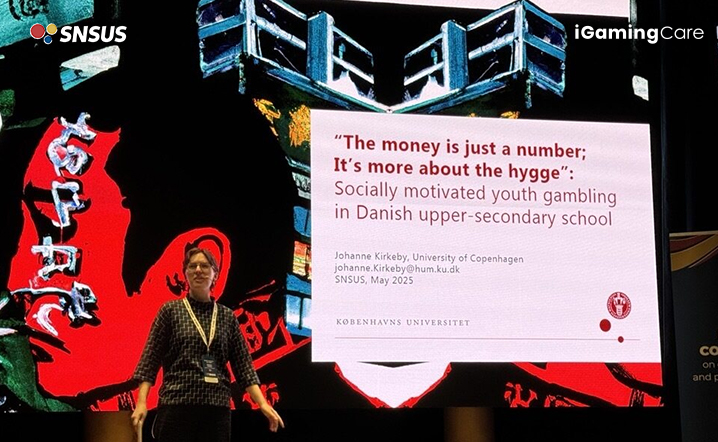
Prof. Dr. Andreas Ditsche: A German Case Study with Nordic Relevance
In his presentation, “Search Pattern Analysis in the German Online Gambling Market”, Prof. Ditsche provided a comparative analysis.
His work illustrated how digital trace data, such as Google search patterns, can be used to predict gambling behavior, painting a sobering picture:
Although the German market is severely regulated, most players still engage with unlicensed gambling websites.
Using data from the 40 most popular gambling-related search terms in Germany, representing 250,000 searches per month, Prof. Dr. Ditsche revealed that:
- Out of the top 40 keywords, only 23% refer to legal products
- Only 14% of the weighted search volume targets legal products
- The search volume for regulatory matters is low and declining
Moreover, Prof. Dr. Ditsche revealed that 17% of the volume specifically refers to illegal products. When terms not allowed by German regulations are included, a staggering 85% of all searches point to products that fall outside the legal, regulated market.
Affiliates as Bird Catchers
Prof. Ditsche provided a compelling metaphor to describe the affiliate ecosystem in online gambling, likening them to bird catchers.
“The affiliates’ birds are potential players, flying freely in the borderless sky of the internet. Affiliates attract them and make them land in their bird cage.”
Prof. Dr. Andreas Ditsche
Affiliates, he explained, are central to the online player journey. However, many optimize for search terms that are often prohibited under German law. These terms still attract traffic because they reflect what players are really looking for: no limits, higher stakes, and fewer restrictions.
This underscores the significant responsibility that affiliates carry. They not only direct player traffic but also influence whether users are guided toward legal platforms or black market operators.
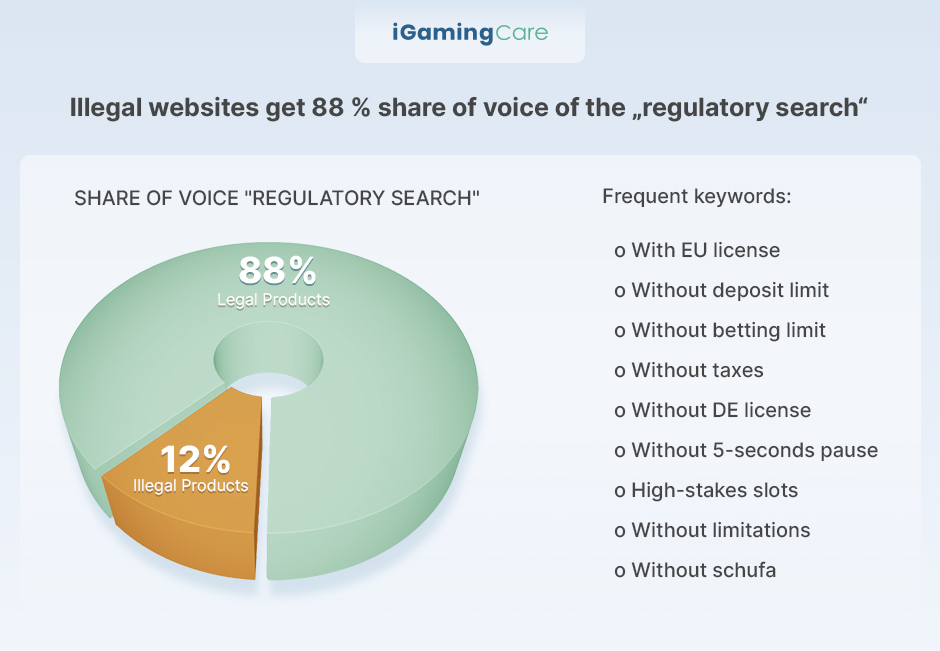
What This Means for Nordic Countries
Although the research focuses on Germany, its implications for Nordic regulators and stakeholders are undeniable.
Prof. Dr. Andreas Ditsche’s findings reveal how digital search patterns expose the gap between what regulated markets deliver and what players actively seek.
In countries like Sweden, Norway, and Finland, which are known for their progressive gambling policies and relatively high channelization rates, the German example offers a cautionary tale.
It highlights how even well-regulated environments are vulnerable to market leakage when user demand is not aligned with legal offerings.
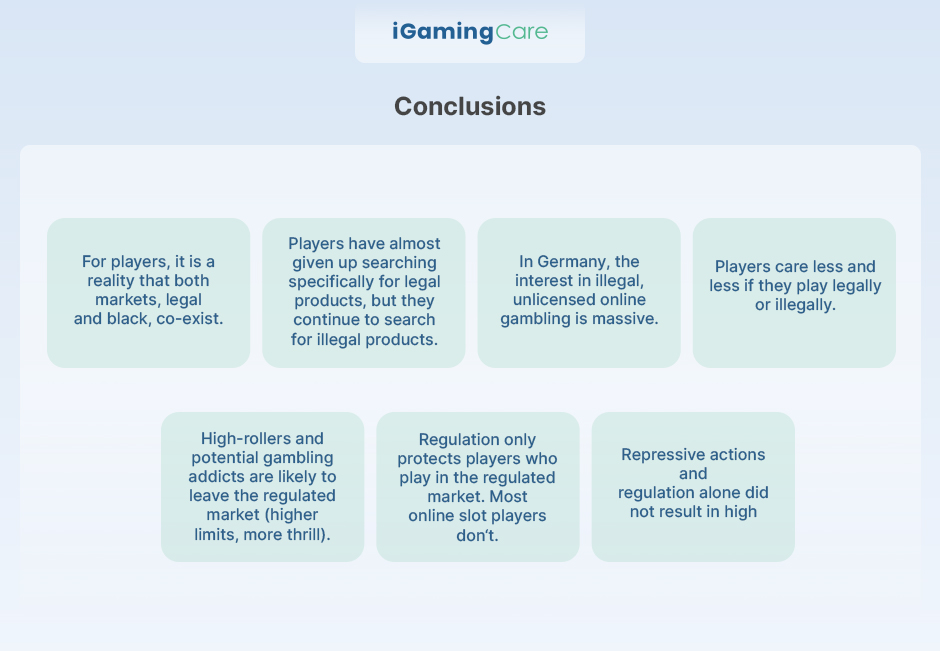
What the Data Reveals
Prof. Dr. Andreas Ditsche concluded his presentation with a slide that captured the key tensions shaping the online gambling environment. Rather than restating familiar policy goals, his summary offered a player-centric view grounded in real-world behavior.
His conclusion points to a growing indifference among players about whether they are engaging with legal or illegal platforms, specifically in markets where restrictive regulation fails to match demand.
In this context, high rollers and at-risk players are often drawn away from the regulated space, seeking higher limits and more freedom elsewhere.
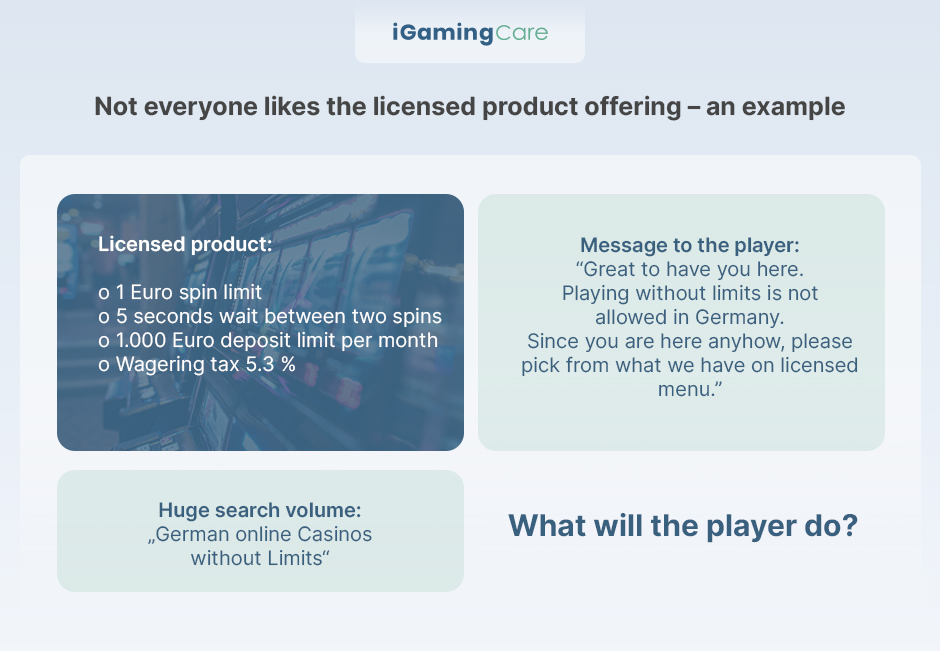
This closing underscores a central theme of the SNSUS 2025 conference: that a lasting impact in gambling regulation will come from enforcement and alignment with how people play. Or, as Prof. Dr. Andreas Ditsche put it:
Regulation must balance repression and attraction – otherwise, players will keep searching the black market and consume what they want.
Those interested can view the full presentation here: Search Pattern Analysis in the German Online Gambling Market by Prof. Dr. Andreas Ditsche.

